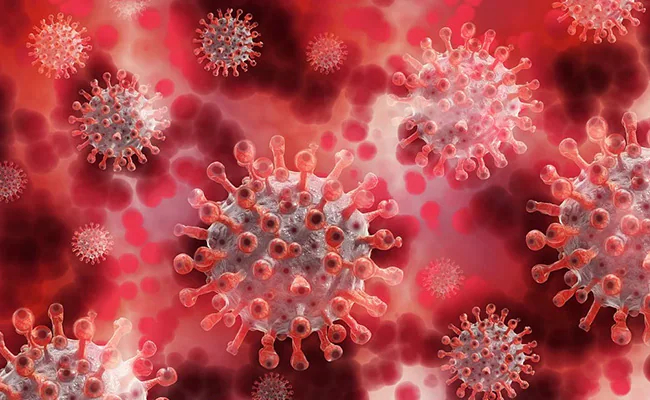The World Health Organisation (WHO) has created a list of priority diseases that can cause the next global pandemic Disease X.
Disease X:
The Next Global Health Threat on WHO’s Radar
The World Health Organization (WHO) has intensified its focus on potential upcoming health catastrophes in the wake of the COVID-19 epidemic. Disease X has taken the lead among the several issues that are on their radar. Health professionals from all across the world have become interested in this enigmatic and menacing-sounding moniker, which has prompted inquiries regarding its genesis, its effects, and the global response necessary to reduce its threat.
The Enigma of Disease X
An alarming unknown in the field of epidemiology is Disease X, which is currently prominently listed on the WHO’s list of “priority diseases.” The WHO’s official definition of Disease X is that it “represents the knowledge that a serious international epidemic could be caused by a pathogen currently unknown to cause human disease.” In plainer terms, it is an impending threat brought on by an unknown agent, such as a virus, bacterium, or fungus, for which there is no known cure.
While the phrase “Disease X” may sound innovative, WHO started using it publicly in 2018 to refer to the next conceivable unidentified outbreak. The important consequence is that we must continue to be aggressive and diligent in our search for and defense against this elusive foe.
The WHO’s R&D Blueprint: A Proactive Approach
WHO has set out on a mission to create a versatile vaccination formula in response to the constant threat of new illnesses. This technique, created in partnership with experts, enables the quick sequencing of a virus’s distinctive genetic structure in order to identify the source of a disease outbreak. With this genetic data at hand, researchers can quickly create a vaccination specifically designed to counter the threat.
This strategy, sometimes referred to as the R&D Blueprint, was born out of the Ebola crisis that ravaged West Africa in 2014. It has subsequently evolved into a critical instrument in our armory against infectious illnesses, providing a dynamic response approach in the face of evolving threats.
Unmasking the Variants: COVID-19 and Beyond
In August, the US Centers for Disease Control (CDC) disclosed their monitoring of a highly mutated lineage of the virus responsible for COVID-19, named BA.2.86. This lineage, detected in the United States, Denmark, and Israel, serves as a stark reminder of the ever-evolving nature of pathogens. Disease X remains an unknown entity, but other variants have emerged, keeping the global health community on high alert.
Insights from a UK Health Expert
A well-known UK health expert recently discussed the effects of Disease X in an interview. She compared the situation to the horrific flu pandemic of 1918–19, which killed at least 50 million people globally and outnumbered the casualties of World War I. The specialist emphasized that the abundance of modern infections puts us at a similar risk now.
She also emphasized the enormous number of yet-to-be-discovered variations within 25 virus families that can switch between different animals. Her somber appraisal brought Disease X’s potential severity home.
suggesting that it could possess the infectiousness of measles combined with the fatality rate of Ebola. The grim reality is that somewhere in the world, this enigmatic pathogen may be silently replicating, poised to emerge when conditions are right.
Disease X serves as a harsh reminder that, despite connectedness and urbanization, our contemporary world has its own set of vulnerabilities. Our increasingly interconnected world increases the possibility of infectious diseases spreading quickly. The development of mysterious diseases like Disease X emphasizes the urgent need for global cooperation, proactive research, and watchful readiness to ensure that we are equipped to take on the next global health problem head-on. The knowledge gained from previous pandemics and the continuous work of agencies like the WHO can help protect people from the unknown dangers that lie ahead.
also read DENV
Disclaimer: This content including advice provides generic information only. It is in no way a substitute for a qualified medical opinion. Always consult a specialist or your own doctor for more information. Stretchfacts.com does not claim responsibility for this information.

[…] also read Disease X […]
[…] also read Disease X […]